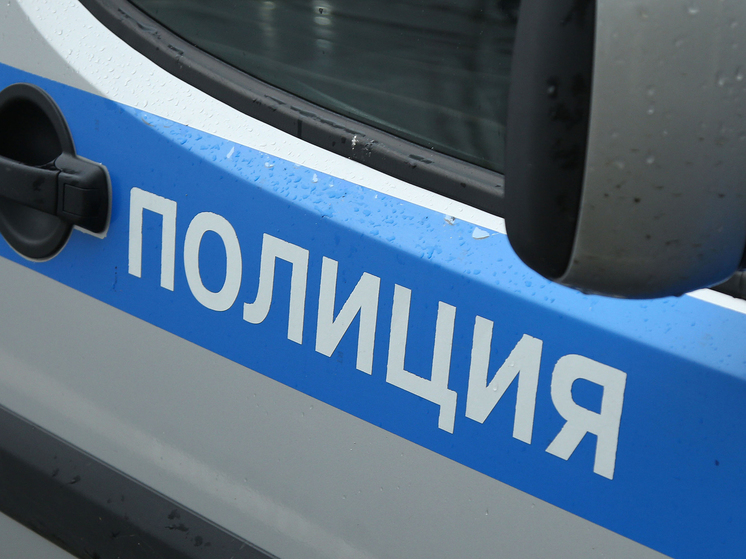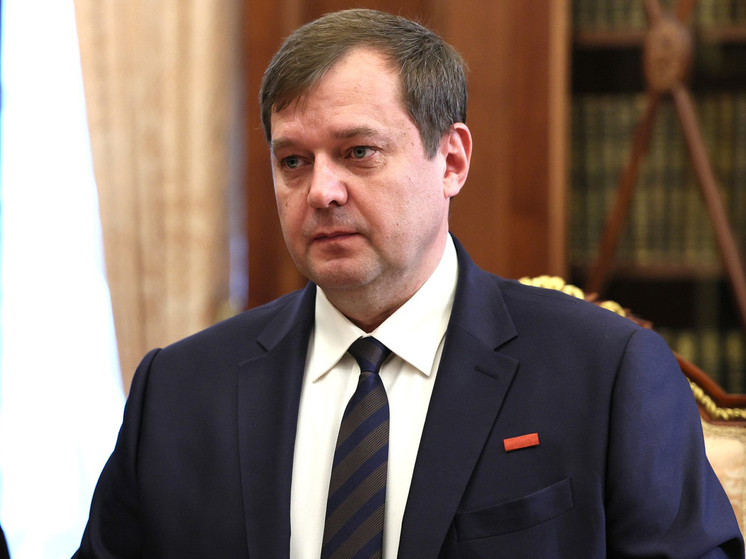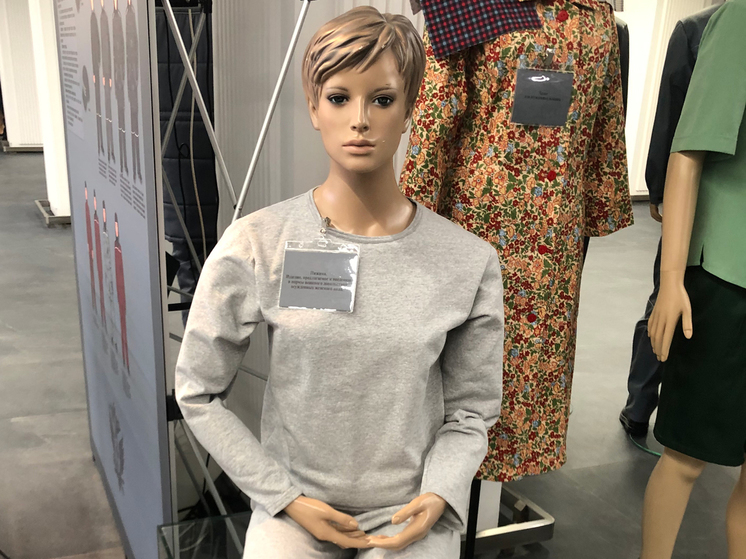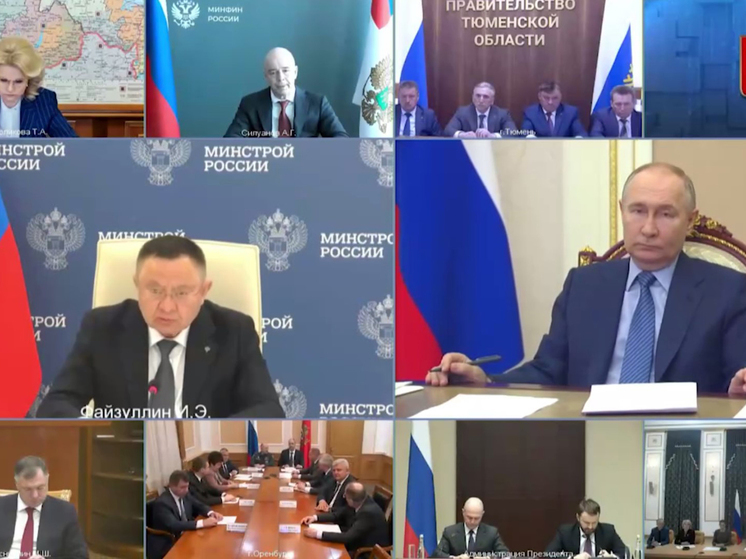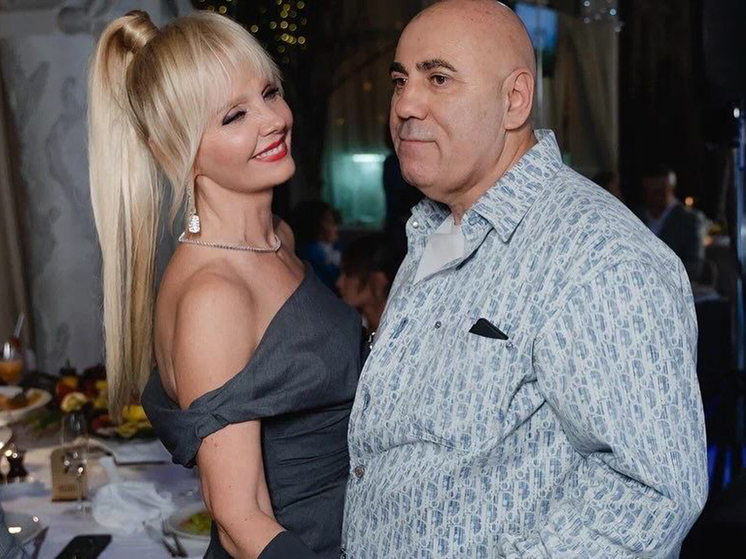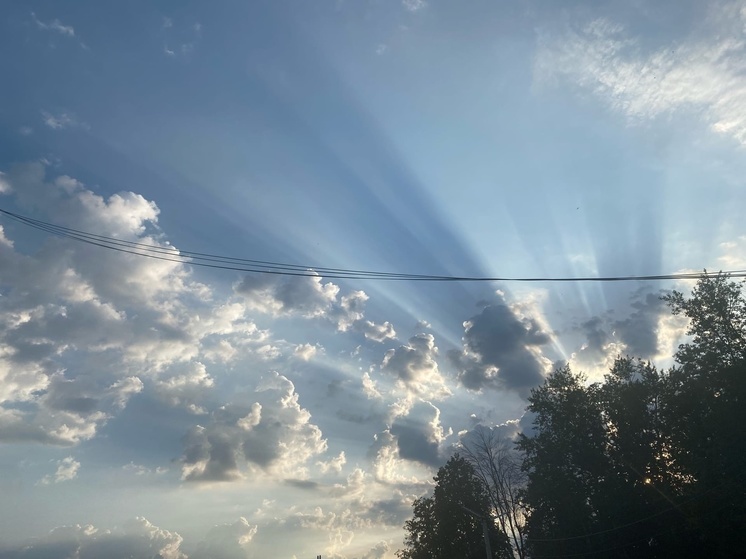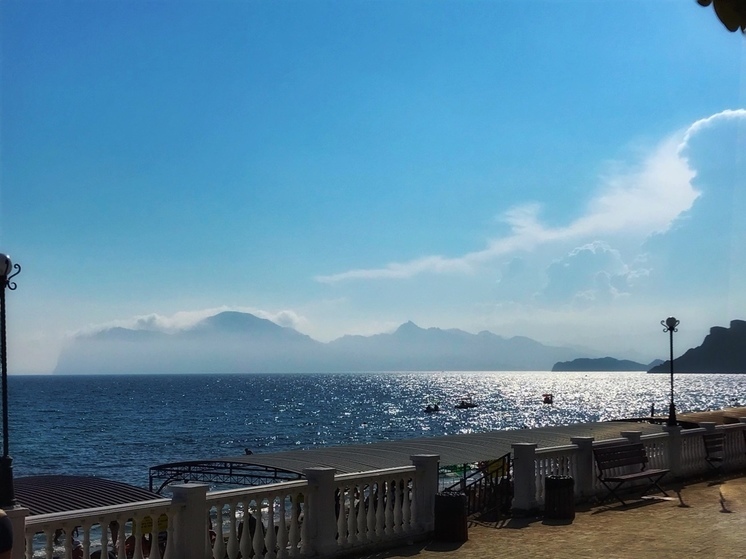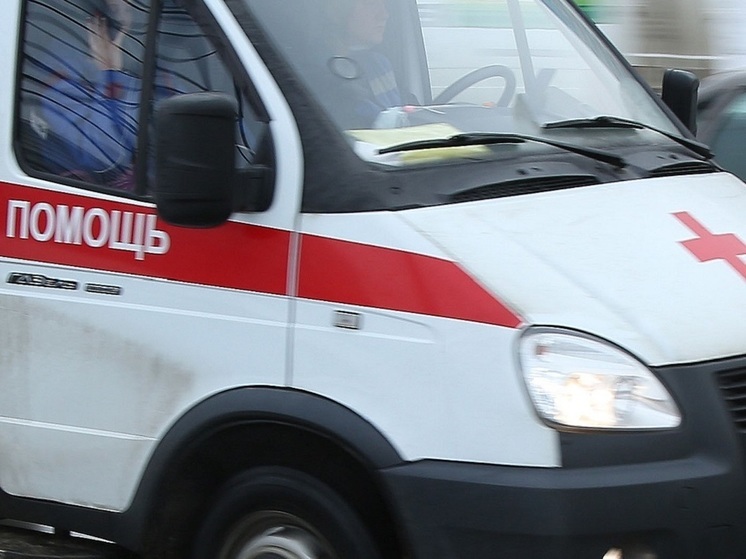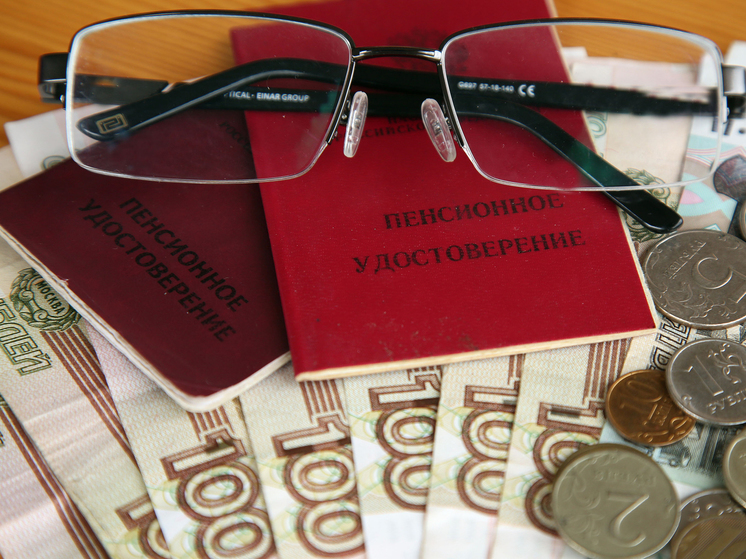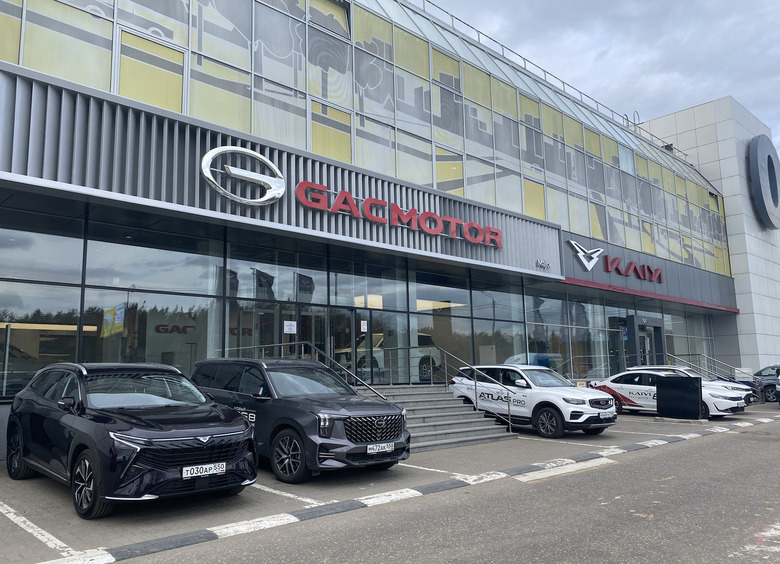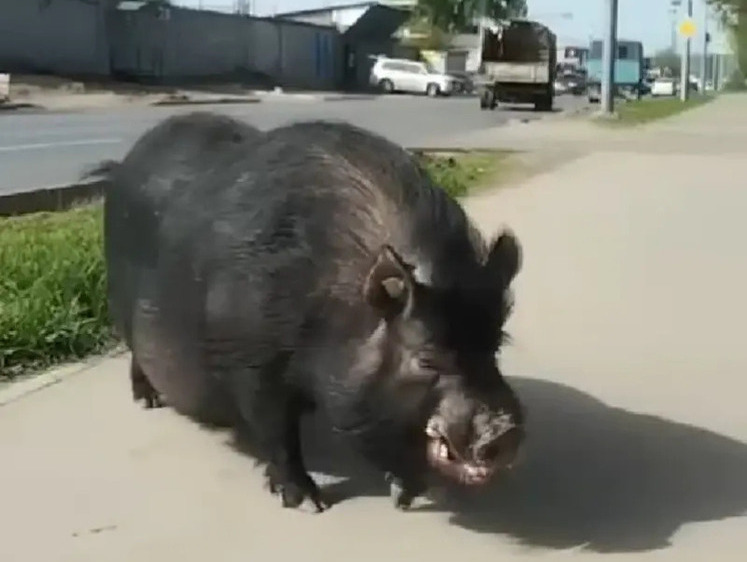The best return of black marks was had by the list published in Forbes in early 2003. Six representatives of YUKOS headed by Mikhail Khodorkovsky, and Sibneft president Yevgeny Shvidler, came under the eye of the Russian general prosecutor.
The first Russians officially recognized as super rich appeared in Forbes in 1997. Six people well known in Russia, Boris Berezovsky, Mikhail Khodorkovsky, Vagit Alekperov, Rem Vyakhirev, Vladimir Potanin, and Vladimir Gusinsky, were admitted to the upper division. But not, it turned out, for long.
In 1998, the only Russian businessman in the billionaires club was Vladimir Potanin. Forbes rated him at $1.6 billion and called him a golden boy.
Then in 1999 and 2000, Forbes did not include any Russians. But that mishap was soon compensated.
In 2001, the magazine counted 538 billionaires around the world, including eight Russians. Although the richest, Mikhail Khodorkovsky, was only in 194th place, it was still a breakthrough.
In 2002, the number of Russians in the upper division fell by one. Although for the sake of justice we should note that the list itself was shorter: the number of billionaires was reduced to 497.
2003 was a record year. There were 17 Russians among the 476 richest people on the planet, whats more, three of them, Mikhail Khodorkovsky, Roman Abramovich, and Mikhail Fridman, were in the top 100. At the same time, it was made clear that the richest Russians work for YUKOS: five of Mikhail Khodorkovskys colleagues were on the billionaire list. True, how many will be on the next list is another question. We will find out soon.
Arrested in Novosibirsk, October 25, 2003. Mikhail Khodorkovsky was indicted under seven articles of the Russian criminal code, including fraud, tax evasion, and forgery. Russian courts refused to bail Khodorkovsky and he is currently in custody.
YUKOS had net profits in the first half of 2003 of $2.222 billion, and oil output of 39 million tons. This October the company had essentially completed a merger with Sibneft. The main shareholders of Sibneft, which controlled 94% of the company, sold YUKOS 20% of the company for $3 billion. The remaining Sibneft shares were swapped for YukosSibneft shares. Experts and analysts estimated the value of the deal at $10 to $15 billion. However, at the end of November 2003, the Sibneft shareholders suspended the merger. Two American oil giants Chevron Texaco and ExxonMobil, were ready to buy 25% of YUKOSSibneft for $11 billion, however the future of talks on that issue is unknown.
In September 2003, YUKOS signed a credit agreement with Citibank, Commerzbank, Credit Lyonnais, Deutsche Bank, HSBC, ING, and SG Corporate and Investment Banking for a long term loan of $1 billion, and also bought 34% of Geoilbent from Harvest Natural Resources, Inc. (Houston, USA) for $75 million, which owns the license to several oil and gas fields in Yamalo-Nenets AO.
Previously controlled or owned major stakes in Sibneft, Rusal, Ruspromavto, Aeroflot and others. Sold most of his assets in the second half of 2003. Sold his stake in Rusal to his partner in the company, Oleg Deripaska. According to analysts, income from asset sales could reach $4-5 billion.
In July 2003, bought a controlling stake in English football club Chelsea (Chelsea Village) for GBP59.3 million (more than EUR85 million). Abramovich is unlikely to buy any Russian sports clubs.
In August 2003, western press reports rumored Abramovich was looking at Formula 1 team Minardi, which would be valued at at least GBP75 million.
In 2002 there were persistent rumors that Mikhail Fridman intended to sell Alfa-Bank and retire, but it did not happen. In 2002-2003, Alfa-Group gradually reoriented from acquiring oil assets to investment in telecommunications. On the one hand, controlling or blocking stakes were taken in two of Russias three leading federal cellular operators Vimpelcom and Megafon (25%+1 share last August), and American telecoms holding Golden Telecom, which has a strong presence on the Russian market. On the other, in June 2003 Alfa-Group and Access Industries/Renova sold British Petroleum 50% of Tyumen Oil Company, retaining the other half. The transaction was worth $8 billion. Thomson Financial rated Alfa-Bank among the 25 European countries involved in the biggest mergers and acquisitions in the first half of 2003.
SUAL-Holding is Russias second largest aluminum producer and has the largest bauxite reserves in the country. The holdings main competitor is Russian Aluminum.
In March this year, another Vekselberg company, ZAO Complex Energy Systems, bought stakes in six regional power companies (Sverdlovenergo, Permenergo, Irkuskenergo, Komienergo, Rostovenergo, and Pechorsky GRES) and intends to set up its own power business. The value of the transaction is unknown.
OAO Rusia Petroleum holds licenses to explore and develop the Kovyktinskoe gas condensate field (Irkutsk Region), one of the largest in the world and strategically significant for Russia.
Access Industries/Renova and Alfa-Group are partners, holding 50% of Russias third largest oil company, TNK-BP.
At the end of October 2003, The Independent and Reuters reported that Vladimir Potanin was ready to invest $200 million in the new stadium of Londons Arsenal football club in exchange for a stake in the club. However, the Interros press department officially denied the rumor.
Today the enterprises owned or managed by Interros produce around 2.5% of Russian GDP and employ 190,000.
Norilsk Nickel is one of the worlds largest metals companies. It produces 20% of global nickel output, 10% of cobalt, 3.1% of copper, and significant amounts of platinum and palladium. In August 2003, Norilsk Nickel announced the conclusion of the purchase of Stillwater Mining Company (USA). The Russian giant obtained a controlling stake in the American company, which has 10% of the US platinum market and 6% worldwide. The transaction was valued at $260 million. In the same month, Norilsk Nickel bought a controlling stake in the OAO Matrosov Rudnik goldmine, and in September this year bought 44.9% OAO Lenzoloto gold producer for 4.6 billion rubles.
LUKOIL is one of Russias largest oil companies, with 1.3% of global oil reserves, 20% of Russian output (2% of worldwide) and 18% of Russian oil refining.
LUKOIL is also a major Russian oil business group with a turnover of $15 billion per annum. In the first half of 2003, LUKOIL produced 39.8 million tons of oil and refined 20.5 million tons.
In April 2003, LUKOIL pulled out of a project to develop three Caspian fields, Azeri-Chirag-Gyuneshli (Azerbaijan), and sold its 10% stake, which brought the company a net profit of $1.13 billion. In September 2003, LUKOIL bought a 79.5% stake in Serbias Beopetrol (200 filling stations and eight oil storage facilities) for EUR117 million, and also undertook to invest EUR85 million in the company over 5 years. In July this year LUKOIL bought a blocking stake in Arkhangelskngeoldobycha from Rosneft. The transaction is estimated to have been worth $11 million.
Severstal-Group has interests in metals, the auto industry, mining, transportation and a number of other sectors. The company is involved in the management of 120 enterprises and has a consolidated turnover of $2.8 billion per year. More than 150,000 people are employed by Severstal-Group companies. In 2003-2004, Severstal plans to invest more than $500 million, of which $280 million is to be in 2004.
Surgutneftegaz accounts for 13% of Russian oil production. Year to September 2003, the company produced 39.9 million tons of oil. Vladimir Bogdanov is one of the least accessible businessmen for the press. He followed a cautious step-by-step development strategy for the company and is not inclined to hasty decisions. Today Surgutneftegaz is one of the most reliable and stably growing companies in the sector.
Born in Moscow June 16, 1959. in 1981 graduated from Kalininsky Politechnical Institute in automated management systems. In 1991 joined MFO Menatep, a part of Menatep bank, where he joined the board of directors in 1996. In April 1996 joined ZAO ROSPROM, where in 1998 he became deputy managing chairman. In September 1998 became senior vice president of YUKOS RM, and in January 2003 general director.
At the end of October this year Mikhail Brudno told Lithuanian newspaper Lietuvos rytas that he is seriously considering buying some land for a country house in Lithuania.
Russian Aluminum was set up in March 2000, formed from a number of companies comprising a full cycle of aluminum production. RUSAL is now the worlds second largest raw aluminum producer, with a consolidated turnover of more than $4 billion. RUSAL controls Kindy Bauxite Company, which develops major bauxite deposits in Guinea. Since the end of 2002, RUSAL has been managing Friguia (Guinea), an alumina company, through Guinea Alumina Company. RUSAL also owns Nikolayevsky Alumina Plant, Achinsky Alumina Combine, CEMTRADE alumina plant (Romania). The company owns Russias four largest raw aluminum producers: Bratsky, Krasnoyarsk, Sayanogorsk, and Novokuznetsk aluminum plants. RUSAL employs around 65,000. Autumn 2003, one of the companys main shareholders, Base Element, announced it was acquiring RUSAL shares owned by Sibneft shareholders, thereby establishing full control over Russian Aluminum. The value of the transaction was not disclosed, but financial analysts estimate $2-2.5 billion.
Sistema owns and manages assets in 12 fields: telecommunications, insurance, retail, oil, tourism, electronics, mass media, property development and banking, etc.. The company has assets worth over $2 billion.
The priority for the group is telecommunications and high technology. Its main asset in this area is the largest federal cellular operator in Russia, Central, and Eastern Europe, OAO Mobile TeleSystems (MTS). Tough competition from the other two federal operators, Vimpelcom (BeeLine), and Megafon, led to MTS buying up regional cellular operators of various sizes in 2002-2003. Today MTS has the largest subscriber base in Russia and licenses for cellular services in 76 regions.
In April 1996 was appointed vice president of YUKOS and elected to the board of directors; in 1997 became senior deputy managing chairman of ROSPROM-YUKOS, in September 1997 was appointed senior deputy general of ITAR-TASS, which post he resigned in October 1998. March 1, 2001 appointed acting president of the Russian Jewish Congress. Claims to be a liberal conservative. Has spoken out against financial support of political organizations.
In October 2003, the media reported than Nevzlin intends to take up Israeli citizenship and leave Russia. In response Nevzlin announced that he would not under any circumstances abandon citizenship of the country where he was born. However, he did not deny that he had applied for Israeli citizenship, but emphasized that obtaining an Israeli passport would mean easing entry to the country for participation in international scientific and public events.
Born November 29, 1959 in Moscow. In 1981 graduated from Moscows Plekhanov Economics Institute. In 1987, organized the Menatep Center for Youth Scientific and Technical Creativity with Mikhail Khodorkovsky at the Frunzensky RK VLKSM. President of MFO Menatep since 2000, responsible for strategic investment of YUKOS resources. Lebedev was tactical head of Menatep bank back when Khodorkovsky was only building his empire.
Arrested July 2, 2003. The General Prosecutors Office has indicted Platon Lebedev for stealing 20% of shares in Russian mineral fertilizer producer OAO Apatit (Murmansk region), worth $283.142 million, in 1994. Remains in custody.
Born in Moscow in 1957. Graduated Moscow Institute of Electronic Engineering. In 1990 was elected a deputy to Moscow Soviet, then joined the executive, was chief specialist and property manager of Moscow Soviet. In 1991 was appointed property manager of Moscow City Hall. In November 2000 became president of OAO YUKOS-Moscow. Summer 2002, following the Russian football teams disastrous World Cup, Shakhnovsky and LUKOIL vice president Leonid Fedun offered to finance a foreign trainer by paying $300,000 to $1 million of his salary out of their own pockets. Among other events on his resume, Shakhnovsky worked on Boris Yeltsins 1996 election campaign.
October 17, 2003, the Russian General Prosecutors Office charged Shakhnovsky with tax evasion in the amount of 29 million rubles for 1998, 1999 and 2000.
In October 2003, the pro-presidential United Russia party announced it was excluding Vladimir Dubov from its party list for the December elections, and the General Prosecutors Office searched his offices. He is in Israel now.
After graduating from Fordham University in 1991, was awarded an MBA in finance and international taxation. 1992-1994 worked for the international taxation department of Deloitte & Touches New York office. Became president of OAO Sibneft in 1998.
The merger of Russian oil companies YUKOS and Sibneft was almost complete in October 2003. The main Sibneft shareholders, which controlled 94% of the company, sold 20% for $3 billion. The remaining Sibneft shares were exchanged for shares in YukosSibneft. The owners of Sibneft were to receive more than 26% of the new company. As Yevgeny Shvidler said, we are staying in the oil business. However, at the end of November 2003, the Sibneft shareholders announced the suspension of the merger. Two American oil giants, ChevronTexaco and ExxonMobil, are known to wish to buy 25% of YUKOSSibneft (valued at $11 billion), however to date the future of discussions on the matter is unknown.
The Interior Ministry is currently investigating Sibnefts business activities following a report by the Audit Chamber.


